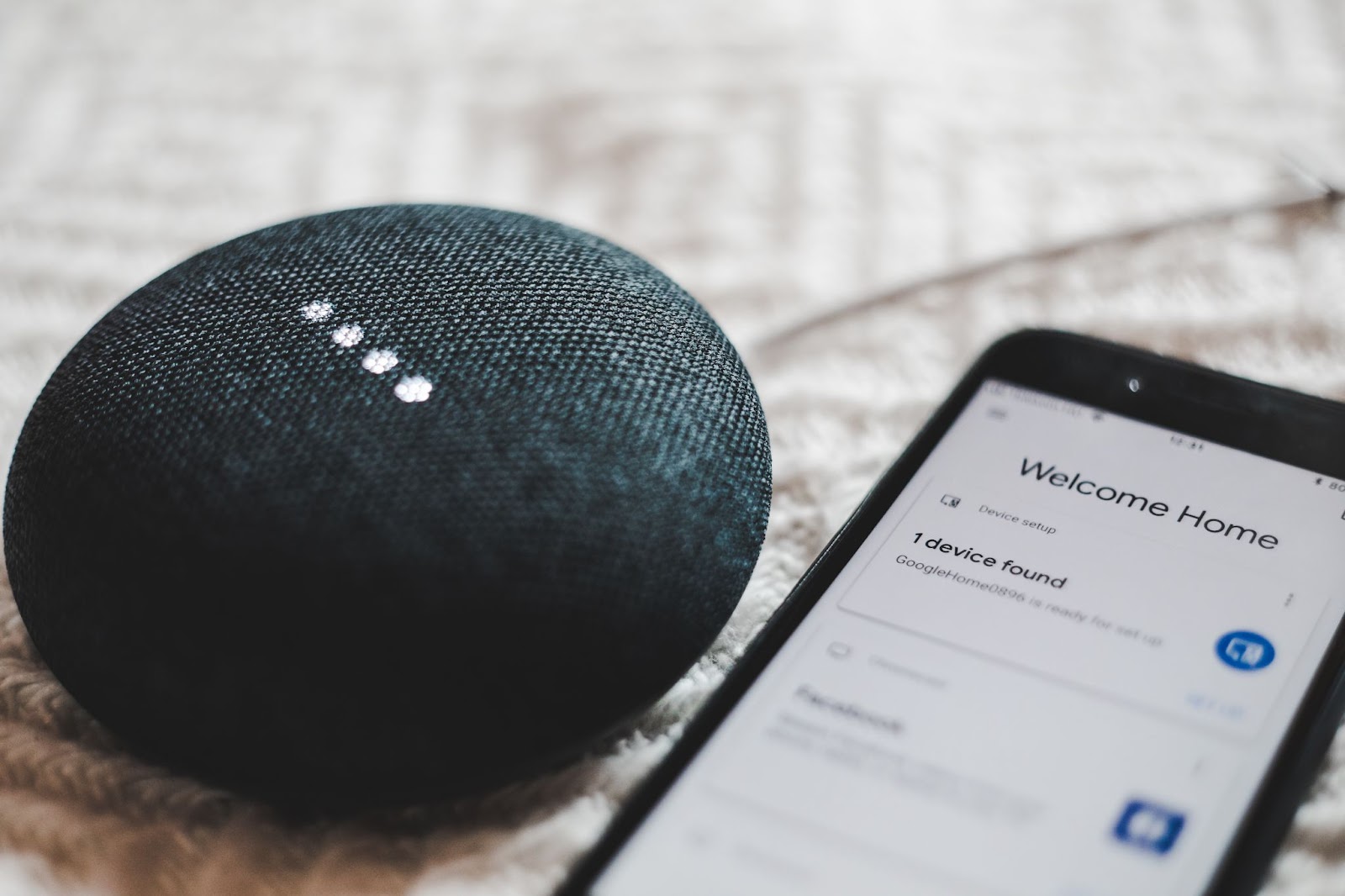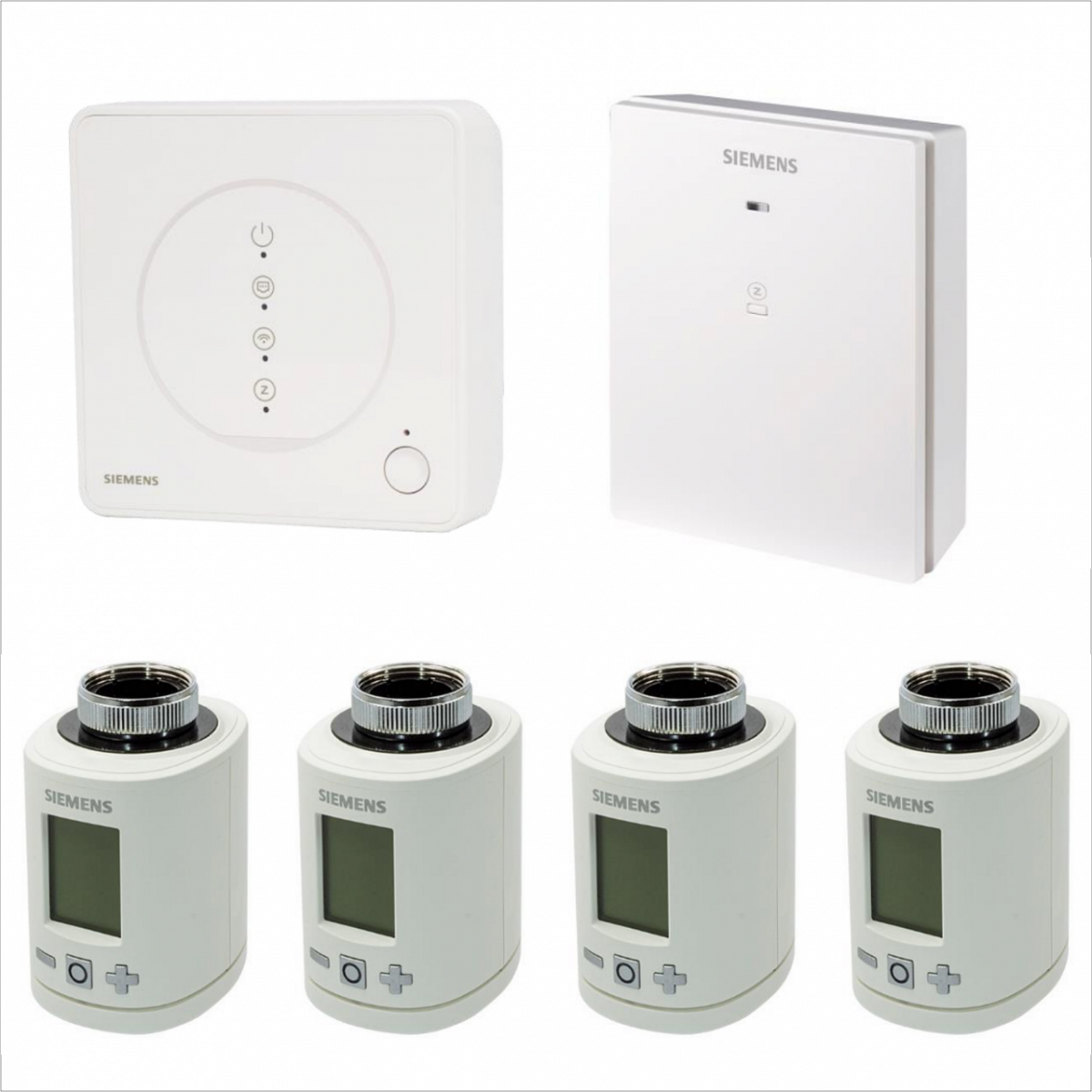Smart home is a trend that is gaining more and more followers and is becoming known to the general public. Find out how to use smart home to the maximum and save energy not only for heating your home.
Smart homes are being discussed more and more often, not only among lovers of new technologies. Smart home is becoming a necessity in view of rising energy prices and demands for ecology and living comfort.
A smart home is not just a few "gadgets", but a sophisticated ecosystem that integrates various technologies for smart and economical control of household equipment – from heating and air conditioning to shading, lighting, and security, to home appliances, TVs, music systems, and much more. If you live in a family house, you can also include a garden, greenhouse, or even a chicken coop in the smart home.
You might be asking why invest in a smart home when you have smart appliances and electronics that work exactly as you imagine. However, with a smart home, you gain much more. The intelligent technologies integrated in the smart home system communicate with each other and are all controlled by a single control unit, or a mobile application. This brings several advantages:
Comfort: With a smart home, you can leave many routine activities entirely to smart technologies. And what's more – you can program everything for perfect comfort. How about being woken up each morning not by an annoying alarm, but by the aroma of freshly ground coffee, dimmed lights, and pleasant music? All this is possible with a smart home.
Easy Control: Thanks to a central control unit, which you can typically operate via your smartphone or voice assistant, you don't need multiple apps or controllers for each appliance. Everything is easily controlled via a single user interface.
Security: Security is also an important factor – smart homes, with their intelligent cameras, can detect if someone unknown is at your place and alert not only you but also the police. Household members can enter without keys thanks to smart locks that scan fingerprints. In a smart home, you can also set the lights to turn on at regular intervals during your vacation, deterring potential thieves. Additionally, smart homes can detect various risks early, such as gas leaks, burst pipes, etc.
Synchronization: With a smart home, you can also create so-called scenarios, i.e., program several actions that you can easily initiate at once or in a predetermined sequence. Everything then runs automatically, and you don't have to remember to lock up, turn on security cameras and the robotic vacuum cleaner, lower the heating, draw the blinds, etc., when leaving for work. All this is done with a single click.
Energy Saving: The biggest advantage that attracts the general public to smart homes is financial savings. Smart technologies can evaluate a lot of data, thereby automatically optimizing the operation of electronics and heating.

Using a smart home system, you can control all the smart technologies in your home.
Heating traditionally represents the largest item on household energy bills. Therefore, smart heating is the foundation of every smart home and can save you a considerable amount of money. Intelligent heating control saves up to 30% of energy, which means the average return on this investment is only 1-3 years.
In addition, a smart thermostat for your boiler provides higher thermal comfort, as you can program the temperature for each time of day, every day of the week, and each room separately. Additionally, a smart room thermostat can evaluate a range of other data – such as the presence of people in the room, windows opening, weather forecast, etc. Each corner of your home will always have the optimal temperature with minimal energy consumption, without you having to manually adjust the heating.
Heating for a smart home can take the form of a smart thermostatic radiator valve or a smart thermostat for the boiler. Wifi thermostatic radiator valves are suitable for homes with central heating – these valves only regulate the heating at the radiator itself, and therefore do not communicate with the boiler. If you have your own boiler (or a heat pump, solar panels, etc.), definitely choose a smart wifi thermostat, ideally in combination with smart thermostatic radiator valves (if you have radiators).
Wireless thermostat for heating can be controlled via mobile, internet, or a smart home system, so you can comfortably heat your home before you arrive. In the app, you will also have a perfect overview of the temperature in the household and energy consumption. Thus, you will never overheat and waste energy unnecessarily.

Siemens Connected Home radiator set.
With a smart home system, you can connect, for example, the smart thermostat Siemens Connected Home, through the ZigBee protocol, which is supported by the vast majority of smart home systems. The set controls both the boiler or circulating pump in heating, as well as the radiators themselves. This means that you can program and control the temperature separately for each room. Depending on the number of radiators, a set with the corresponding number of radiator heads, which measure temperature and regulate the flow of heating water through the radiator, can be chosen. Up to ten temperature zones can be created for one room thermostat.
The Siemens Connected Home smart heating thermostat is wireless. This means that all components communicate via wifi and can be remotely controlled via a mobile app – whether it's from Siemens or your smart home app. Moreover, the wireless technology does not require any construction modifications for its installation.
The Siemens Connected Home wifi thermostat saves costs for heating your home by:
allowing the creation of up to ten temperature zones, so you don't unnecessarily overheat any room,
enabling you to program a heating schedule so that heating does not run at full power when you are not at home or are sleeping,
being able to work with different electricity tariffs and plan water heating to ensure it is done at the lowest possible cost.
Heat your home smartly and minimize the costs of heating your home with wireless room thermostats. In addition to savings, you gain higher thermal comfort and a perfect overview of energy consumption.